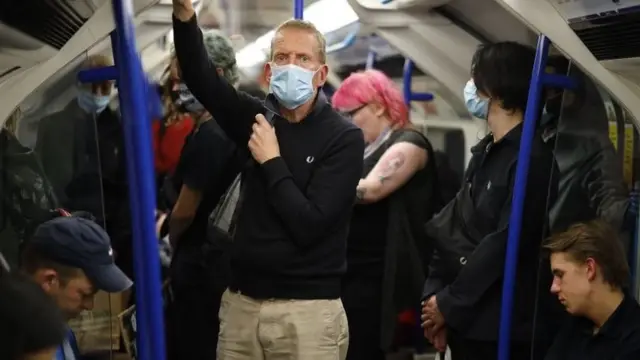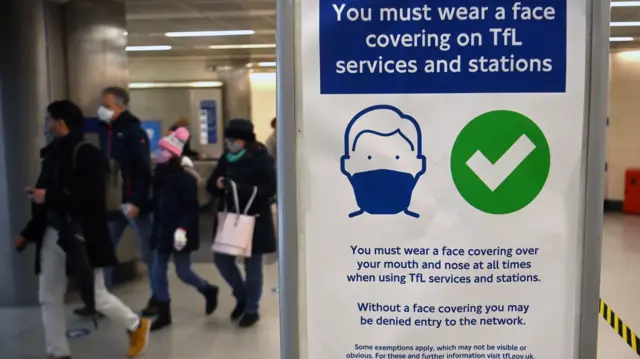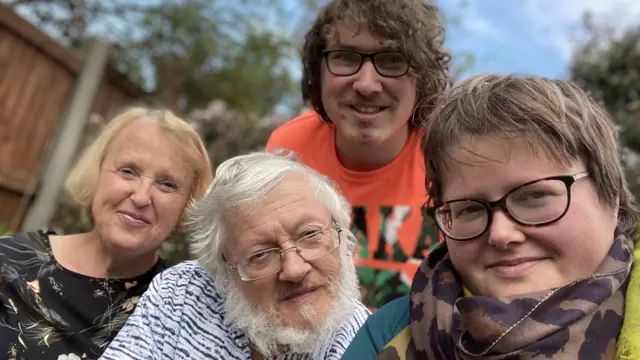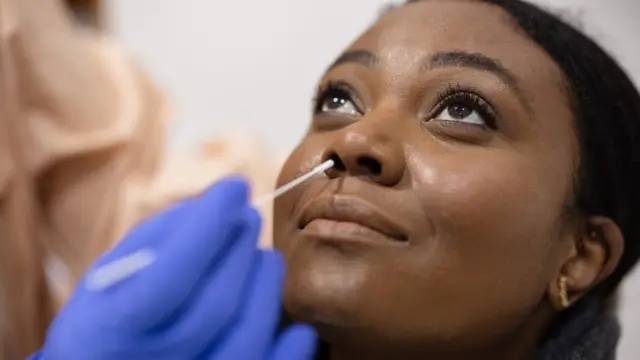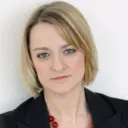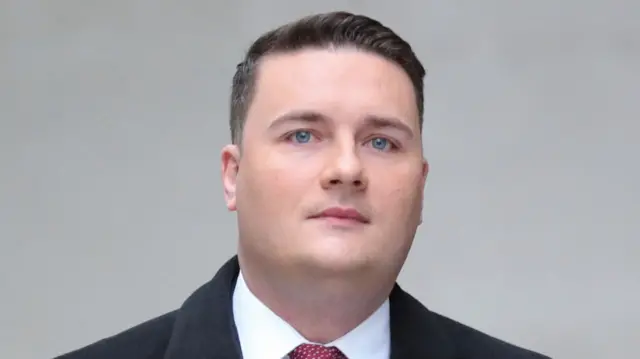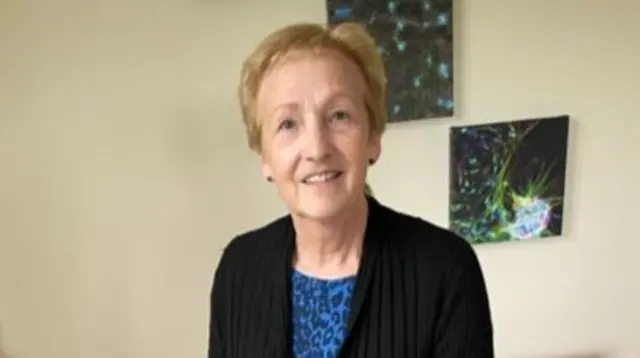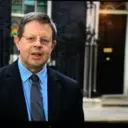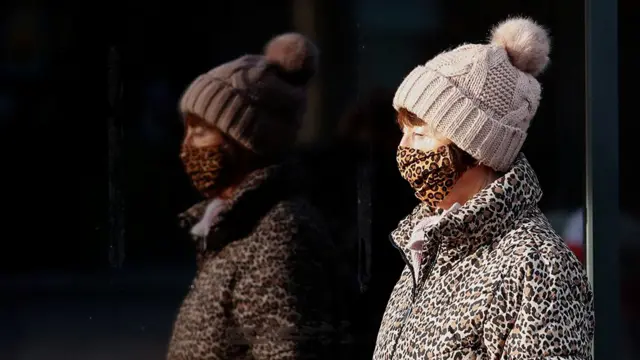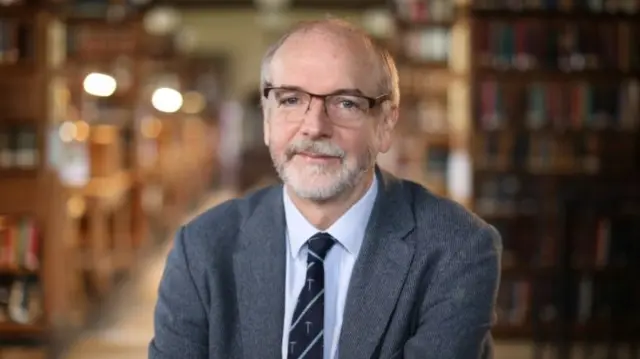No symptoms but test positive? Come to work, says hotelierpublished at 14:42 GMT 21 February 2022
If someone tests positive for Covid but do not feel ill they should still come into work, a leading hotelier says.
"If the reality of this is that we’re saying that Covid isn’t a pandemic anymore, it’s an endemic disease and like flu, it should be treated like flu," Rocco Forte tells BBC Radio 4's World at One programme.
“And therefore you don’t test every worker who falls ill with flu. You tell people to stay at home if they’re not feeling well.”
Asked if an employee who tests positive for Covid but does not feel unwell should still come into work, he replies: "Yes, I would say that."
